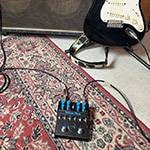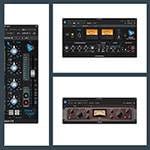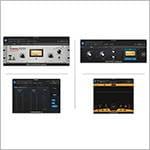Bossa Nova’s J-Jazz Female Artists Volume 2
I’ve been exploring and examining samba and bossa nova masterpieces that blow away the lingering summer heat.
Continuing from the previous edition, this is a bossa nova special focusing on albums that cover significant bossa nova tracks by female artists.
How have these classic bossa nova songs been arranged? How do the solos develop? What makes these songs timeless masterpieces? Be sure to listen and discover for yourself!
Every masterpiece has its reasons for being great! Find out why!
Arrangements can significantly alter a song. The way an arranger approaches a composition and refines it brings about changes—sometimes for the better, sometimes not. It is up to the listener to interpret these variations. The joy of music lies in these nuances.
The tracks introduced here are mostly covers of classic masterpieces from renowned albums. Cover songs each have their unique flavor. Some are avant-garde, while others remain faithful to the original. However, not many covers surpass the originals. That said, one must listen to many covers to discern their merits. Since listener preferences vary, there is always room for new discoveries and moments of inspiration.
Masterpieces are loved and covered by countless musicians. What is that special ‘something’ that draws them in? I invite you to explore and uncover the essence of these classics.
In this regard, bossa nova is an ideal genre for comparing song origins, arrangement intentions, and vocal interpretations. Bossa nova is pop music intertwined with the complexity of jazz tension chords, leading to a diverse range of instrumental solos. What may seem like a simple song often contains profound depth. Even just catching a glimpse of bossa nova’s richness makes listening worthwhile.
■ Recommended Album: akiko - Vida (2007)
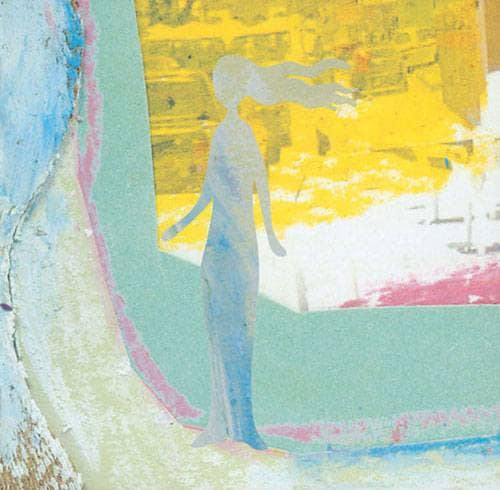
A pastel-colored, Brazil-inspired artwork graces this album, featuring an unprecedented cut-out silhouette design in the liner notes.
J-Jazz singer akiko presents a Brazil-specialized album, bringing together first-call Brazilian musicians. It features a mix of vibrant percussion-driven arrangements and traditional arrangements that pay homage to the original compositions.
Recommended Song: “Brazil”
A cover of “Brazil” from Antonio Carlos Jobim’s masterpiece Stone Flower.
The arrangement on Stone Flower was done by Deodato. The original version features Ron Carter’s bass and Airto Moreira’s percussion as the backbone, with Jobim’s Fender Rhodes piano weaving the melody. Jobim’s vocals are simple yet deeply expressive.
In contrast, akiko’s version has a strong samba flavor. The percussion takes center stage, creating a lively arrangement that makes you want to dance. The trombone solo is particularly delightful.
Recommended Song: “Batucada”
A classic by Marcos Valle. ‘Batucada’ refers to a percussion-only performance with no melody or vocals. As the title suggests, the track features a continuous samba rhythm driven by percussion, with akiko’s bright and crisp vocals leaving a strong impression.
Recommended Song: “Chega de Saudade”
A composition by Jobim and one of the most important songs in bossa nova history. The arrangement stays traditional, highlighting the nylon-string guitar. akiko sings with deep respect for the original version. Interestingly, this rendition includes a flute solo, which is quite rare for this piece. The solo is well-executed and adds a unique touch.
■ Recommended Album: Yasuko Agawa - Meu Romance (2008)
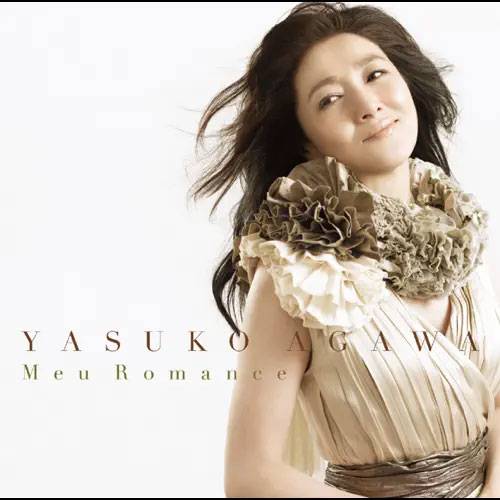
A bossa nova-focused album by J-Jazz singer Yasuko Agawa. The album was produced and arranged by Latin pianist Naoya Matsuoka.
In an interview at the time, Matsuoka praised Jobim7s compositions but also emphasized that bossa nova is not solely defined by the sounds of Jobim and Gilberto. He explained that bossa nova means ‘a new feeling’ or ‘a new trend’, and with that in mind, he approached the arrangements with a fresh interpretation, grounded in samba. He also spoke about his own creative challenges in the process.
Agawa, without relying on vocal power, delivers a smooth and intimate performance while still conveying rhythm and emotion. Matsuoka himself highly praised her vocal style.
Recommended Song: “A Felicidade”
On this track, Matsuoka plays an acoustic piano. The song originally begins with the chorus, but Matsuoka takes a different approach, starting with an acoustic piano intro leading into the verse. The arrangement then builds with string and classical guitar backing in the chorus, followed by the entrance of brass, creating a grand and dynamic development. The unconventional structure makes for an intriguing listening experience, showcasing Matsuoka’s masterful arrangement skills. The outro fades out with Agawa’s voice accompanied solely by strings—an arrangement that fully embodies Matsuoka’s vision of a ‘new trend’.
Recommended Song: “So Nice”
A standout feature of this track is Matsuoka’s extended Fender Rhodes electric piano solo, spanning two full choruses. While different in style from traditional bossa nova piano solos, it still carries Matsuoka’s signature touch. Known for playing acoustic piano and the Yamaha Electric Grand Piano CP-80, Matsuoka also demonstrates his exceptional skill on the Rhodes piano here.
Additionally, the bassline by Getao Takahashi is remarkable, with its well-controlled groove adding depth to the performance.
■ Recommended Album: Grace Mahya - The Girl from Ipanema (2008)
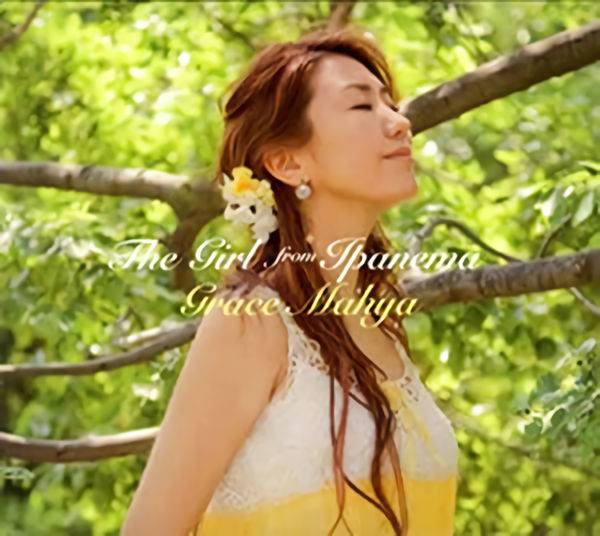
A solo album by Grace Mahya, celebrating the 50th anniversary of the birth of bossa nova.
It features important bossa nova tracks like “The Girl from Ipanema”, “Lukovard”, and “March Rain”, as well as iconic songs from various genres, including Sting’s “Englishman in New York”, Sade’s “Smooth Operator”, and “Masquerade”, which is known through George Benson.
The album is well-structured, making it easy to listen to and elegantly finished.
Recommended Song: “11 o’clock Night Train”
The most impressive track on this album is “11 o’clock Night Train”.
The melody line is wonderful, and it’s a hidden gem with a perfect sense of saudade.
The interaction between Grace and the male vocalist lifts the saudade feeling of this track in a positive way.
As an extra note, this track is also featured on the album Carioca by the Italian jazz pianist Stefano Bollani Trio. Stefano’s piano and vocals are both captivating, making it another must-listen album.
Musicians, Albums, and Tracks Featured in This Article
- Artists: akiko, Yasko Agawa, Naoya Matsuoka, Grace Mahya
- Albums: Vida, Meu Romance, The Girl from Ipanema
- Songs: “Brazil”, “Batucada”, “Chega de Saudade”, “A Felicidade”, “So Nice”, “11 o’clock Night Train”
The “sound & person” column is made up of contributions from you.
For details about contributing, click here.






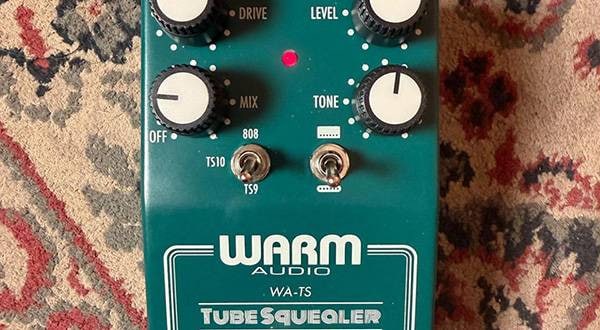
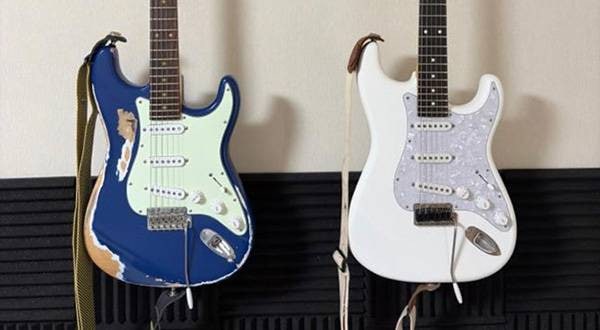
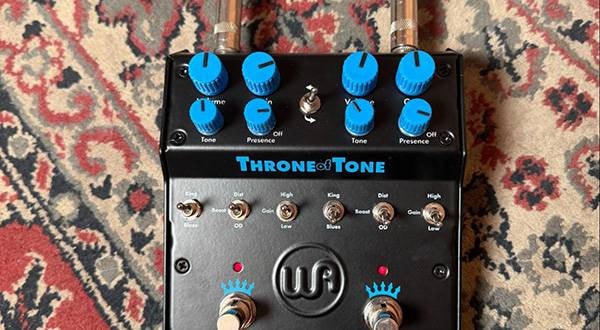
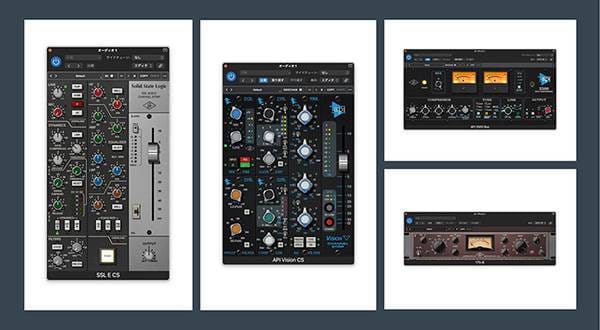
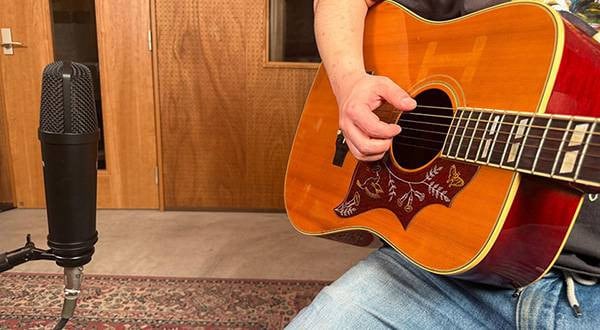
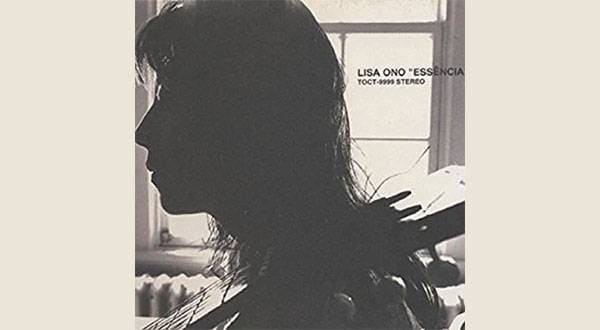
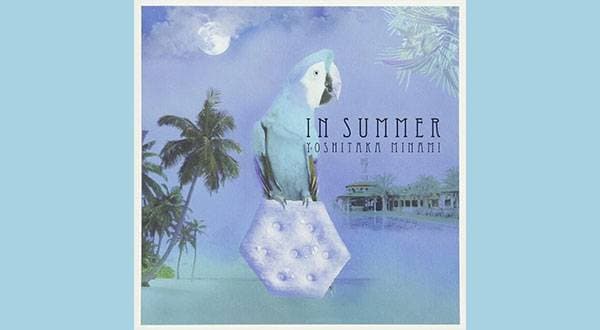
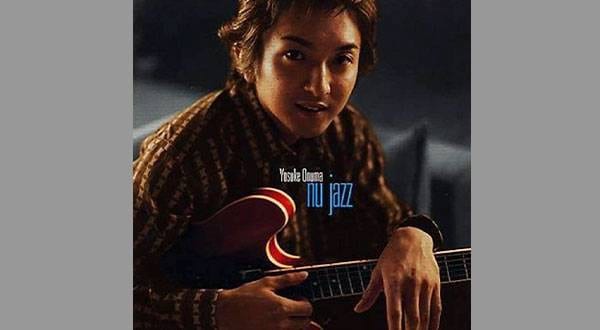

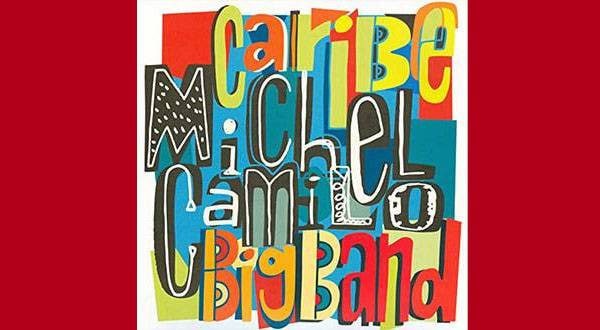
![[Acoustic] Bossa Nova Recommendation](/contents/uploads/thumbs/5/2020/6/20200608_5_10270_1.jpg)
 USB接続MIDIインターフェイス
USB接続MIDIインターフェイス
 USB接続対応のMIDIキーボード
USB接続対応のMIDIキーボード
 超オススメのフレーズ道場 キーボード
超オススメのフレーズ道場 キーボード
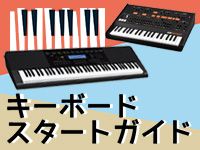 キーボードスタートガイド
キーボードスタートガイド
 キーボード・ピアノ講座
キーボード・ピアノ講座


